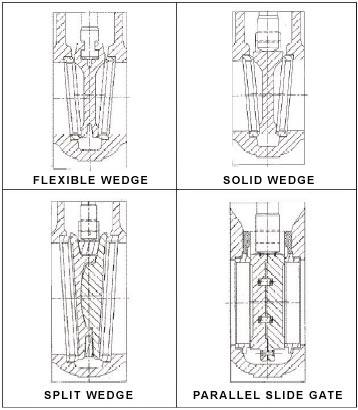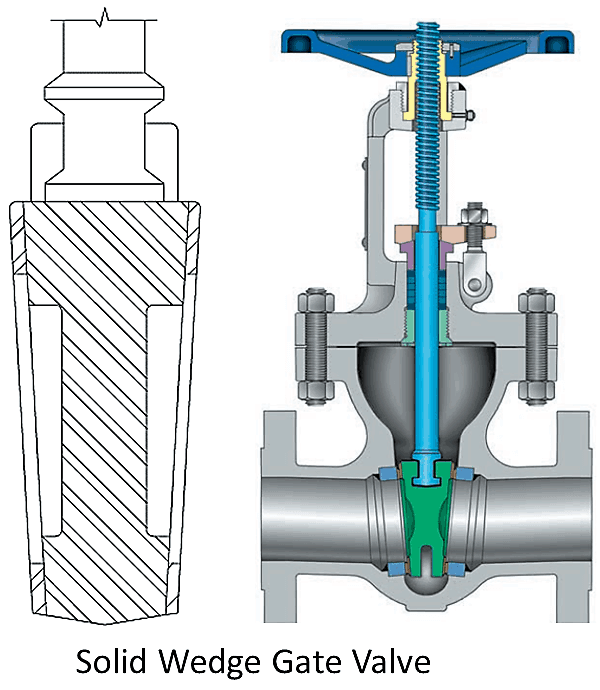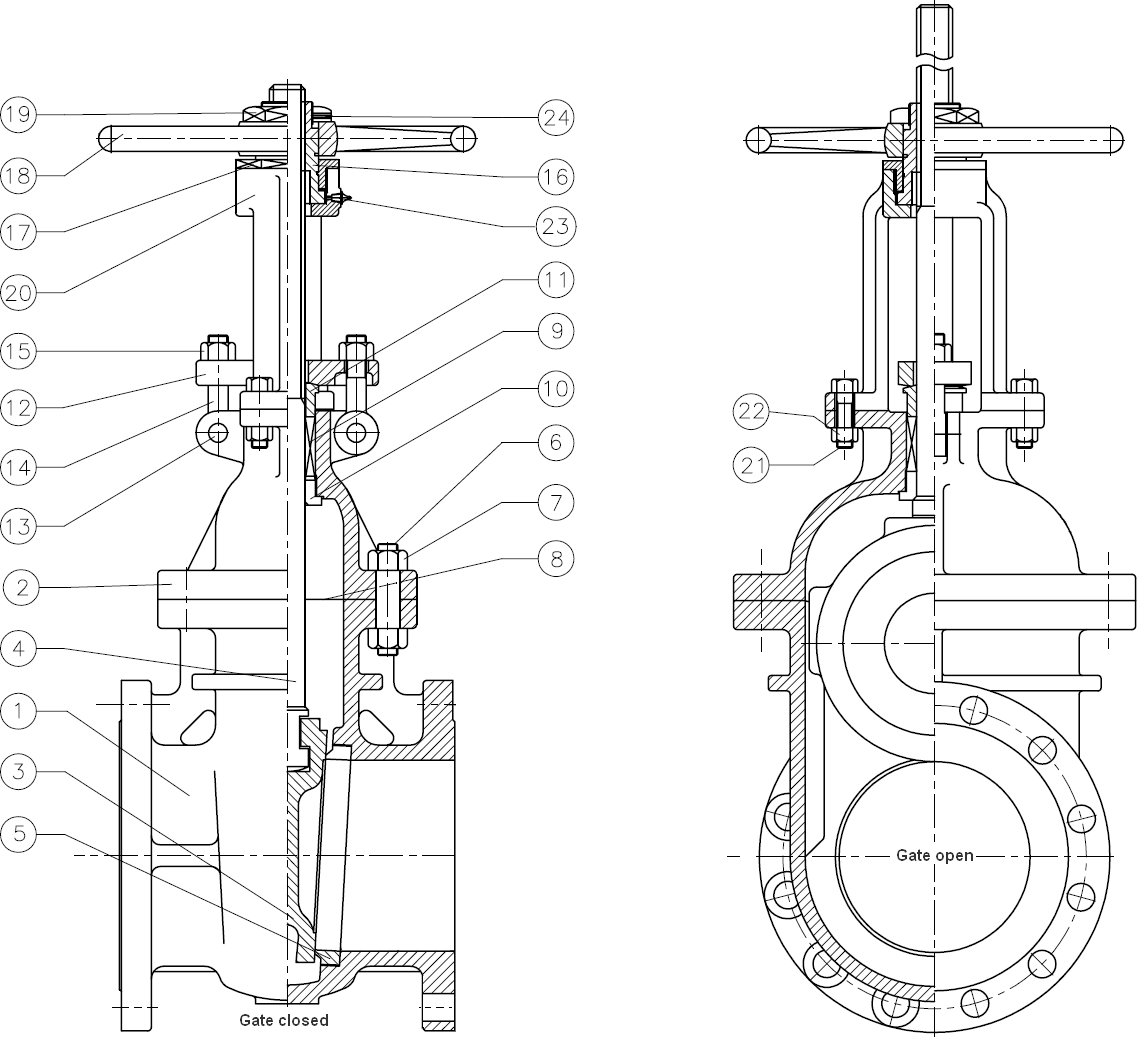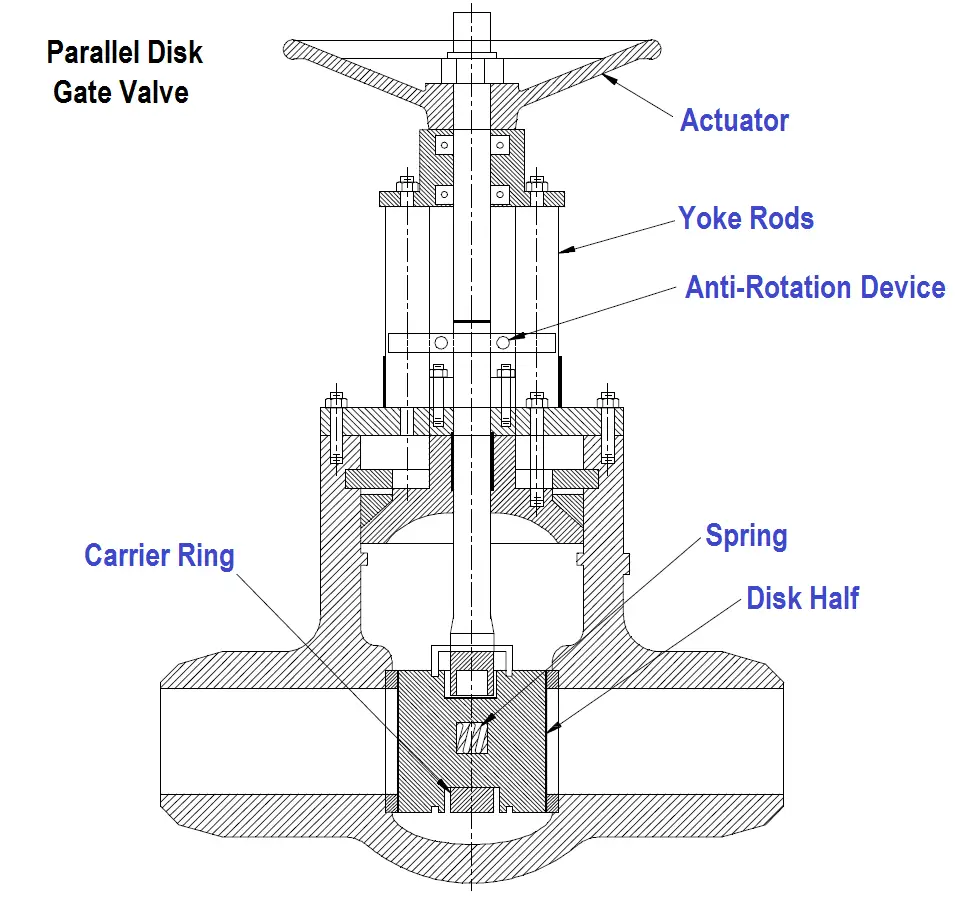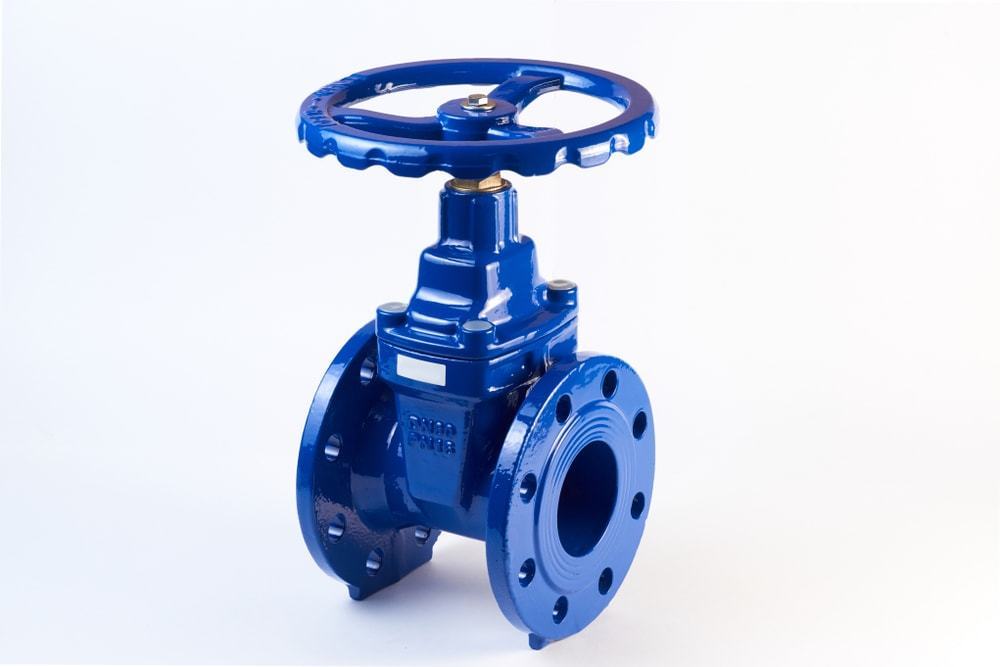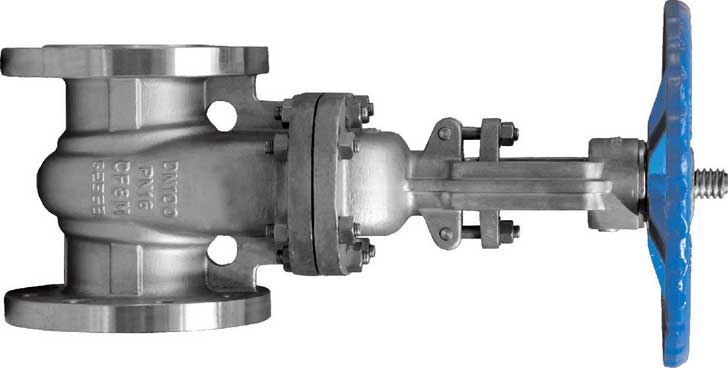In inside screw design the threaded portion of the stem is in contact with the flow medium and when you open the valve handwheel rise with the stem.
Rising stem gate valve components.
Components are easy to replace for quick economical maintenance.
Gate valves are available with different disks or wedges.
Knife gate valves are mass produced in sizes from 2 to 24 although valves up to 72 are not uncommon.
You can see in the image.
The bonnet containing the moving parts is attached to the body usually with bolts to permit maintenance.
Msc industrial supply is here to support all your metalworking and maintenance repair needs with over 1 million products in stock and ready to ship today.
Gate valve bronze rising stem threaded t 111.
The opening and closing part of the rising stem gate valve is a gate and the moving direction of the gate is perpendicular to the direction of the fluid.
The absence of seal rubbing during both opening and closing means easy low torque valve operation and long term reliable performance.
Female threaded ends allow for ease of installation.
The nibco bronze gate valve features a screw in bonnet for service where infrequent maintenance is required.
Valves are of the rising screw design generally with outside screw.
For a rising stem valve the stem will go up while opening the valve and move down when you close the valve.
The gate has two sealing surfaces.
Rising stem gate valves are used when shutoff is required and a quick visual indicator of open closed position is needed.
The valve trim consists of the stem the gate the disc or wedge and the seat rings.
The gearbox forms a right.
Ranging from the gate valves are usually made by the type of wedge used.
The rising stem gate valve can only be fully opened and fully closed and cannot be adjusted or throttled.
Valve opening and closing is slow unless actuated and water hammer effects should not be a problem.
Shop a large range of rising stem valve at msc industrial supply.
Rising telescoping valves are used when gross indication of the valve s position is desired during siphoning or regulating fluid levels.
